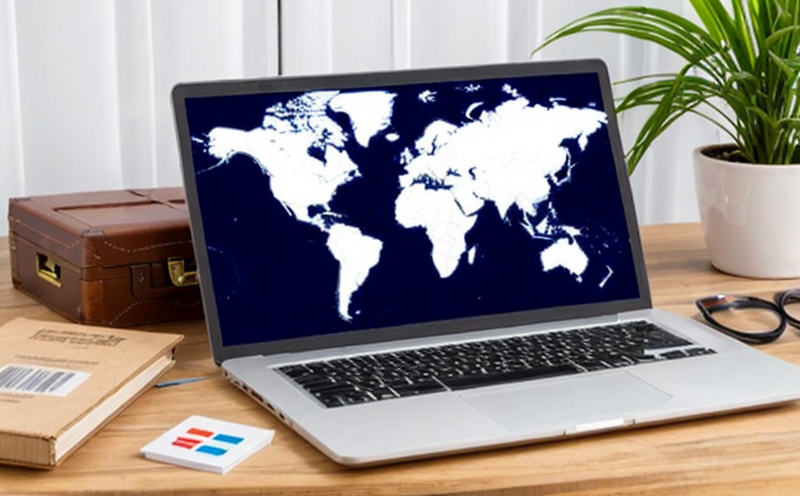Trade Certification & Regulatory Testing
In today’s globalized market, trade certification and regulatory testing are crucial components ensuring compliance with international standards and local regulations. These tests not only facilitate the smooth import and export of goods but also safeguard consumer health and safety. For quality managers, compliance officers, R&D engineers, and procurement professionals within government sectors, understanding these requirements is paramount.
Government agencies worldwide often require detailed certifications to validate that products meet specific standards before they are allowed into international markets. This process ensures that the goods comply with environmental protection laws, consumer safety regulations, and trade agreements. Compliance officers must stay updated on changes in legislation to ensure their organizations remain compliant.
R&D engineers play a vital role in developing new products that adhere strictly to these certifications. They work closely with regulatory bodies like ISO (International Organization for Standardization) and ASTM International to incorporate necessary standards into product design. This collaboration ensures that innovations not only meet current regulations but also anticipate future requirements.
For procurement teams, obtaining the correct certification is crucial when sourcing materials or components from suppliers abroad. Ensuring vendors adhere to local laws and international standards helps maintain high-quality products throughout the supply chain. Quality managers oversee these processes, ensuring that all incoming goods are inspected according to established protocols before being integrated into production.
The role of regulatory testing extends beyond mere compliance; it fosters trust among trading partners by demonstrating commitment to ethical business practices and safety standards. This transparency can enhance a company’s reputation and lead to greater market access opportunities internationally.
Given the complexity involved in navigating different countries’ regulations, specialized laboratories like ours offer comprehensive support services tailored specifically for government entities engaged in international trade activities. Our team of experts ensures that every step from initial consultation through final certification is handled efficiently and accurately.
Applied Standards
The application of rigorous standards forms the backbone of our trade certification services. We adhere to a variety of internationally recognized guidelines such as ISO 17025 for proficiency and quality assurance, which ensures that our laboratory practices meet stringent requirements.
In addition to these general standards, we also specialize in specific sectoral regulations applicable to government agencies dealing with international trade:
- ISO/IEC 17025: This certification guarantees the competence of testing and calibration laboratories.
- EN ISO 9001: Quality management systems that provide confidence in consistent product quality.
- ASTM D4869: Specifications for asphalt binders used in pavements, which are critical for infrastructure projects.
These standards ensure our tests are accurate and reliable, providing government agencies with the data they need to make informed decisions about trade certification. By aligning ourselves with these globally recognized benchmarks, we help streamline complex processes while maintaining high ethical standards.
Benefits
The benefits of effective trade certification and regulatory testing go far beyond mere compliance; they contribute significantly to operational efficiency, competitive positioning, and reputation enhancement:
- Increased market access: Compliance with international standards opens doors for exporters seeking new opportunities abroad.
- Enhanced customer trust: Demonstrating adherence to strict regulations builds confidence among consumers and business partners alike.
- Cost savings: Early identification of non-compliance issues through testing can prevent costly rejections or delays at borders.
- Improved product quality: Rigorous certification processes ensure that all materials used meet the highest standards, leading to better overall performance and reliability.
Competitive Advantage and Market Impact
By leveraging our robust trade certification services, government entities can achieve significant competitive advantages:
- Stay ahead of competitors: By maintaining strict adherence to international standards, governments demonstrate a commitment to excellence that sets them apart from less rigorous counterparts.
- Safeguard against risks: Our services help identify potential issues early on, minimizing the risk of costly mistakes or reputational damage.
- Promote sustainable practices: Compliance with environmental and social responsibility regulations positions governments as leaders in sustainability efforts.





